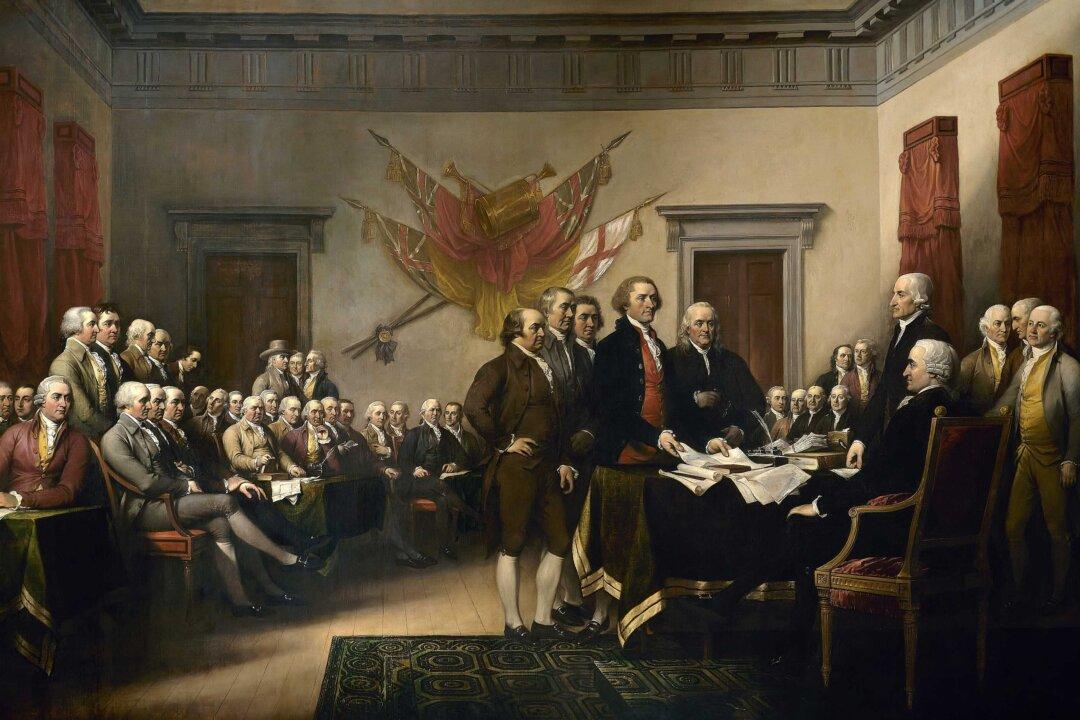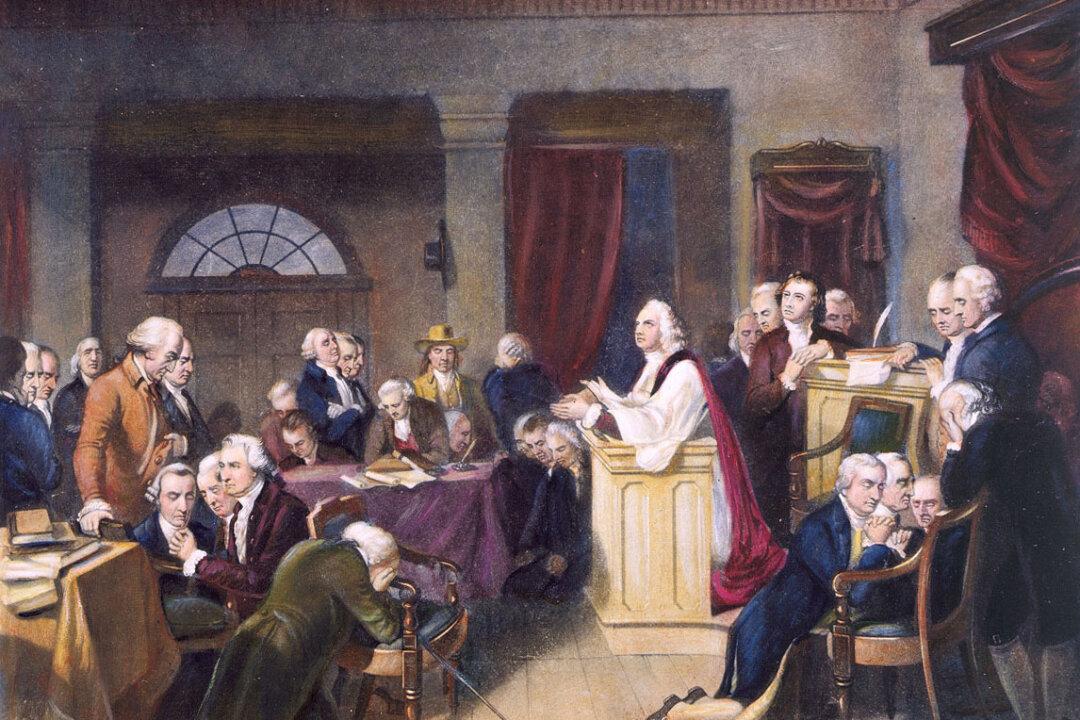The adage “Politics makes strange bedfellows” is adapted from a William Shakespeare play, “The Tempest”: “Misery acquaints a man with strange bedfellows.”
Illinois politicians Abraham Lincoln and Steven Douglas were intense political rivals for 20 years, and author Edward Robert McClelland provides a front row seat to their legendary encounters in his impassioned book, “Chorus of the Union: How Abraham Lincoln and Stephen Douglas Set Aside Their Rivalry to Save the Nation.”






